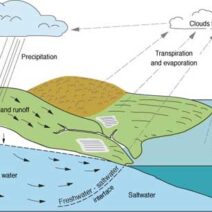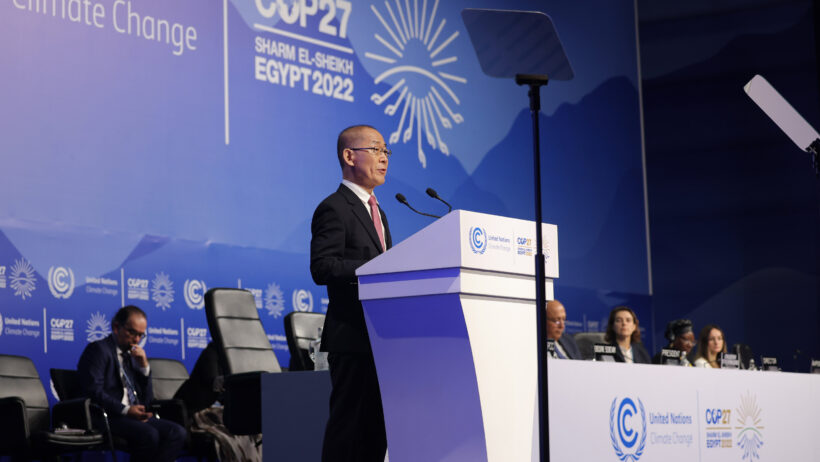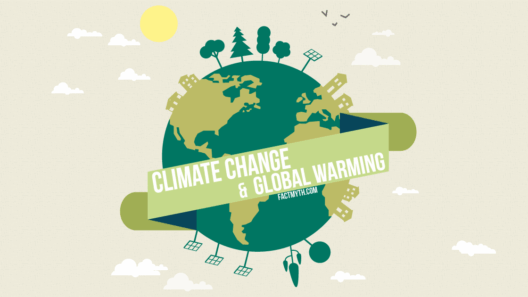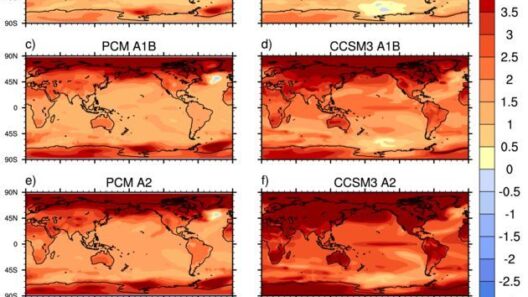Global warming represents one of the most pressing challenges facing humanity today. The Earth’s climate is undergoing a transformative shift, and its effects are being felt across various dimensions of the environment, society, and economy. This phenomenon is not just an abstract scientific term; it is a reality that is reshaping almost every aspect of life on our planet. Understanding the multifaceted implications of global warming is critical to addressing this existential threat.
At its core, global warming refers to the gradual increase in the Earth’s average surface temperature due to human activities, primarily the burning of fossil fuels, deforestation, and industrial processes. The release of greenhouse gases, particularly carbon dioxide (CO2) and methane (CH4), creates a thick blanket around the planet, trapping heat. This results in a cascade of climatic anomalies that impact every corner of the globe.
One of the most apparent manifestations of global warming is the increase in average temperatures. According to scientific studies, the past few decades have seen unprecedented warming, with projections indicating that the Earth could surpass a critical threshold of increased temperatures by the early 2030s. This rise in temperature leads to extreme weather events, including prolonged droughts, intense hurricanes, and heavy rainfall. These phenomena not only wreak havoc on natural ecosystems but also pose significant risks to human life and infrastructure.
Moving beyond temperature, global warming is significantly altering precipitation patterns. Some regions are experiencing water scarcity, while others face flooding and erosion. The altered hydrological cycle disrupts agricultural practices, leading to crop failures and food insecurity. Farmers are finding it increasingly challenging to adapt to these sporadic weather patterns, putting the entire food supply chain at risk. The economic ramifications of such agricultural volatility cannot be overstated, as they ripple through communities and nations.
The consequences extend beyond agriculture—ecosystems are on the brink of transformation due to shifts in climate. Ecosystems depend on specific temperature and precipitation ranges; when these ranges are exceeded, species face extinction. Polar bears, for example, are losing their habitat as sea ice melts at an alarming rate. Coral reefs, which are integral to marine biodiversity, are undergoing bleaching events triggered by warmer ocean temperatures and acidification. These ecosystems are not just interruptions of nature; they are vital to human survival by supplying oxygen, maintaining biodiversity, and providing food sources.
The impact of global warming also pervades the realm of human health. Heatwaves have become increasingly common, resulting in heat-related illnesses and exacerbating chronic conditions, such as asthma and cardiovascular disease. Air quality suffers as a result of increased temperatures and altered meteorological conditions, leading to higher ozone levels near the ground. Furthermore, the changing climate expands the range of disease vectors, allowing illnesses, such as malaria and dengue fever, to surge into areas previously unaffected.
Socio-economic disparities are further magnified by the effects of global warming. Vulnerable communities, particularly in developing countries, are disproportionately affected by climate change. Limited resources reduce their capacity to adapt to changing conditions; thus, they experience higher involuntary migration and displacement. Climate refugees are becoming a stark reality as communities are uprooted by rising sea levels, natural disasters, and resource shortages. Social tensions may escalate as competition for dwindling resources heightens, leading to conflicts and instability.
The phenomenon of global warming poses significant challenges to governance and political stability. The calls for climate action have never been more urgent, as international agreements, such as the Paris Agreement, attempt to galvanize collective action against climate change. However, achieving meaningful progress often becomes mired in political and economic interests. The necessity for collaborative action transcends geographical and ideological boundaries, becoming the linchpin of any effective climate strategy.
In addressing global warming, innovation plays a vital role. Renewable energy sources, such as solar, wind, and hydroelectric power, must take precedence in our energy mix. Reports indicate that transitioning to these sustainable alternatives could dramatically reduce greenhouse gas emissions and decrease our reliance on fossil fuels. Additionally, investment in energy efficiency, reforestation, and carbon capture technologies offers promising avenues to mitigate climate change effects while promoting economic development.
Education and awareness are equally paramount in combating global warming. An informed populace is more likely to engage in sustainable practices and advocate for policy changes. Schools, governments, and organizations must prioritize climate education, highlighting the interconnectedness of ecological systems and the human experience. Local activism can inspire broader change by emphasizing community-level actions, which collectively accumulate into significant global impacts.
Global warming is not just a distant threat; it is an immediate crisis that demands our attention and action. Each fraction of a degree increases has ramifications that echo through ecosystems, economies, and societies. By understanding the wide-ranging implications of this phenomenon, we can cultivate a sense of urgency and responsibility to nurture a sustainable future. The time for decisive action is now; the longer we delay, the more profound the consequences will be for generations to come. Addressing global warming is not merely an option—it is an imperative for the survival of our planet and humanity itself.








